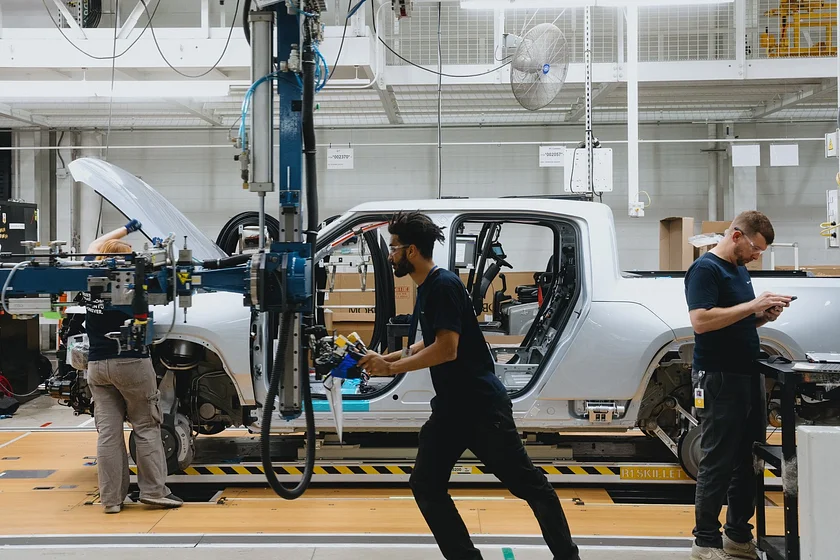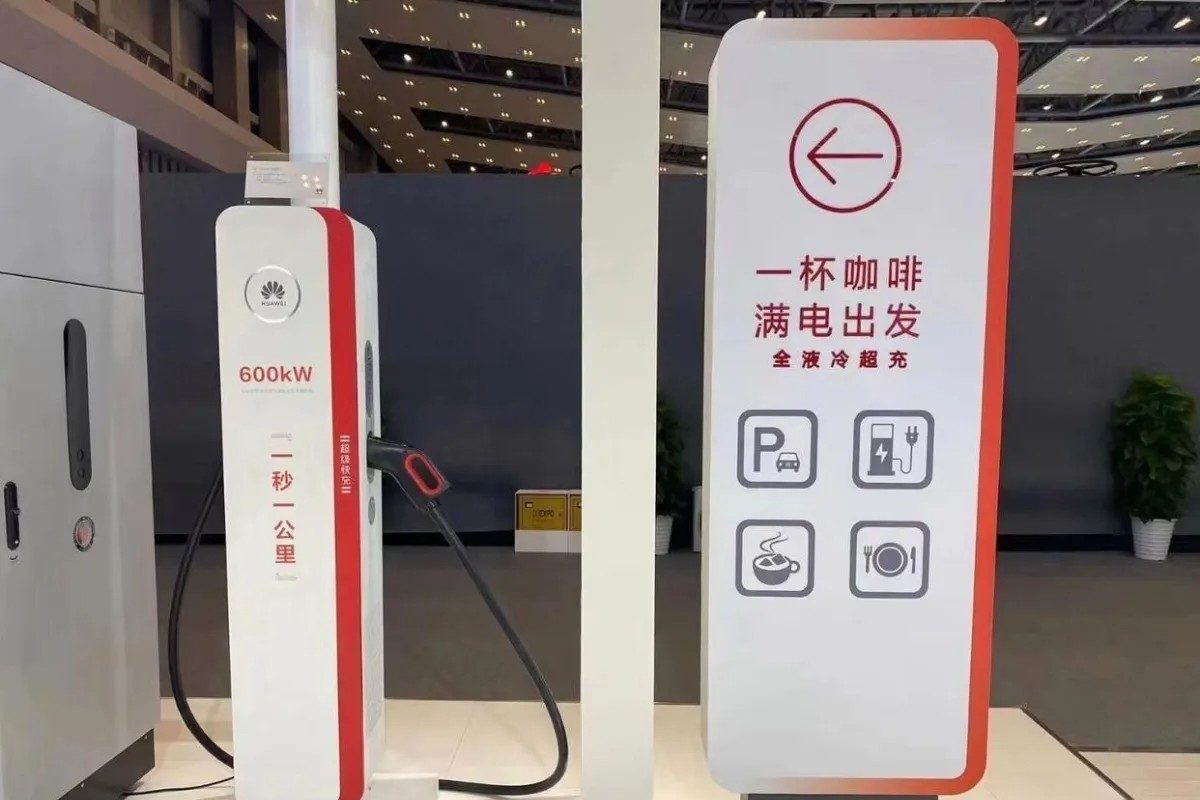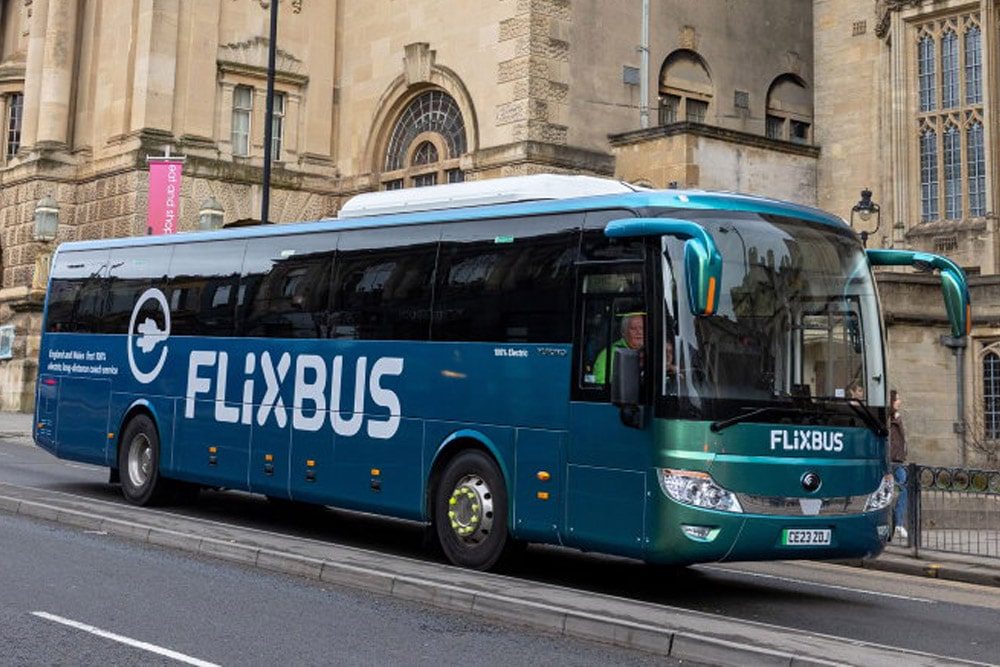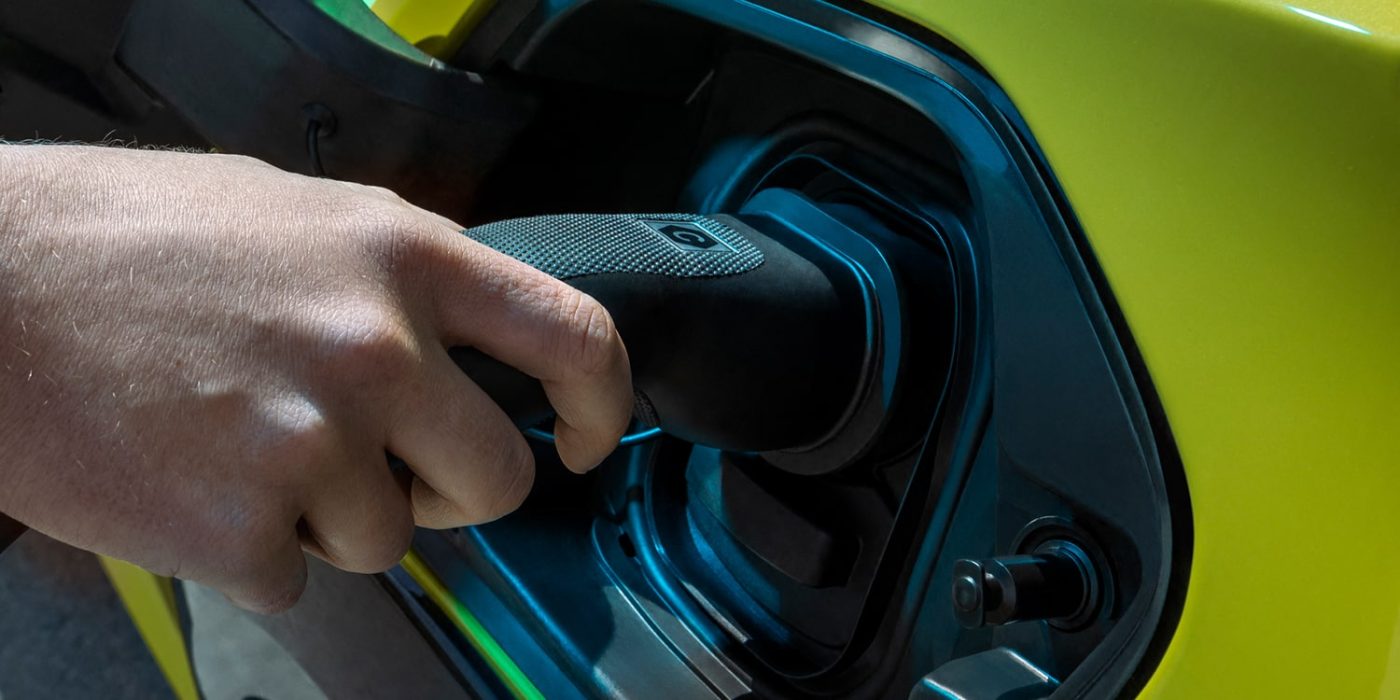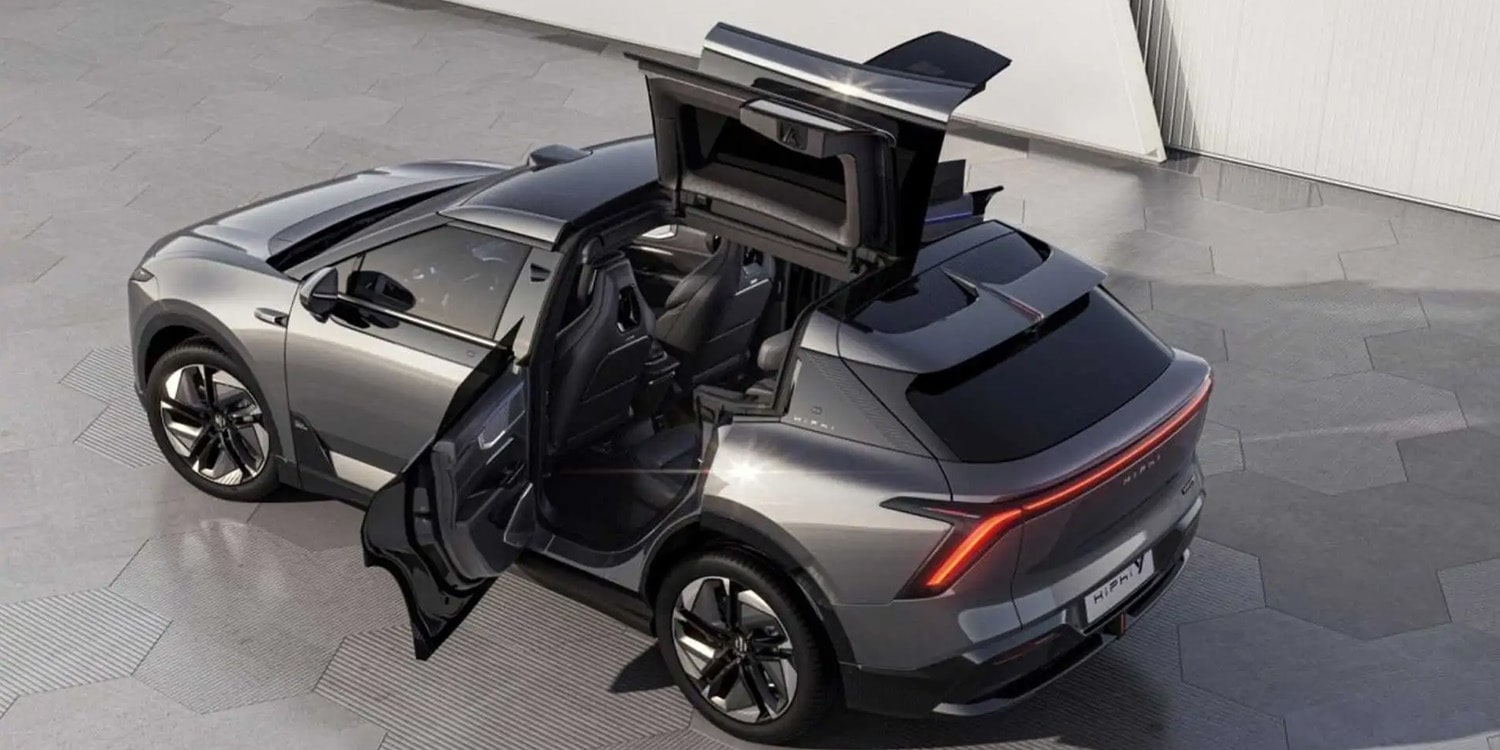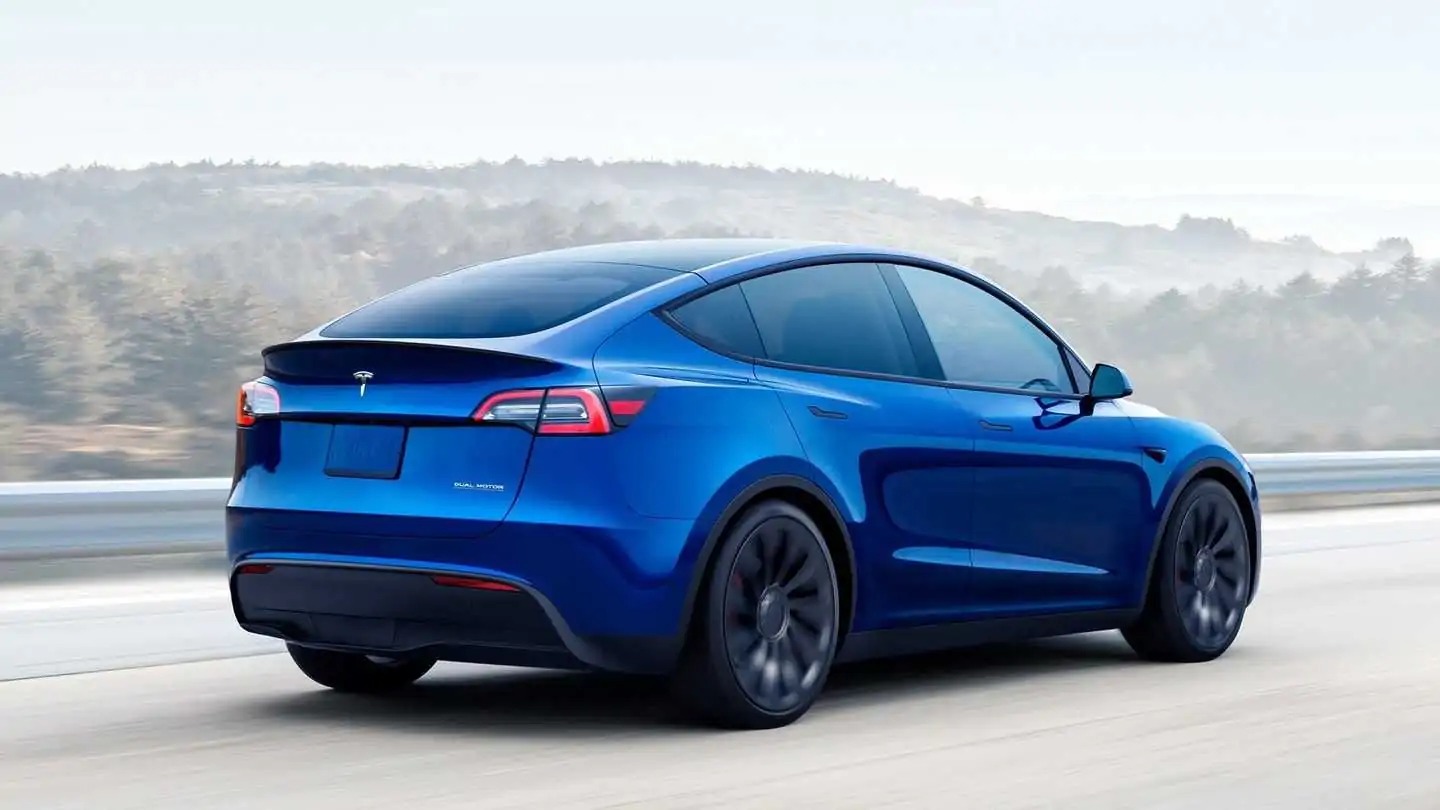In the dynamic world of electric vehicles, the landscape is ever-changing. Newcomers like Rivian and Lucid, once focused on scaling up production, now face a different challenge: a decline in demand. As the adoption of EVs progresses slowly, these startups find themselves grappling with a shifting market.
Last week, both American startups offered disappointing production outlooks. Rivian and Lucid don’t expect to produce significantly more vehicles in 2024 than they did last year, causing their share prices to tumble. However, they both attribute this slowdown not to their production capacity but to the challenge of finding customers.
See also: Elon Musk Offers Blunt Advice to Rivian and Lucid Amid Financial Struggles
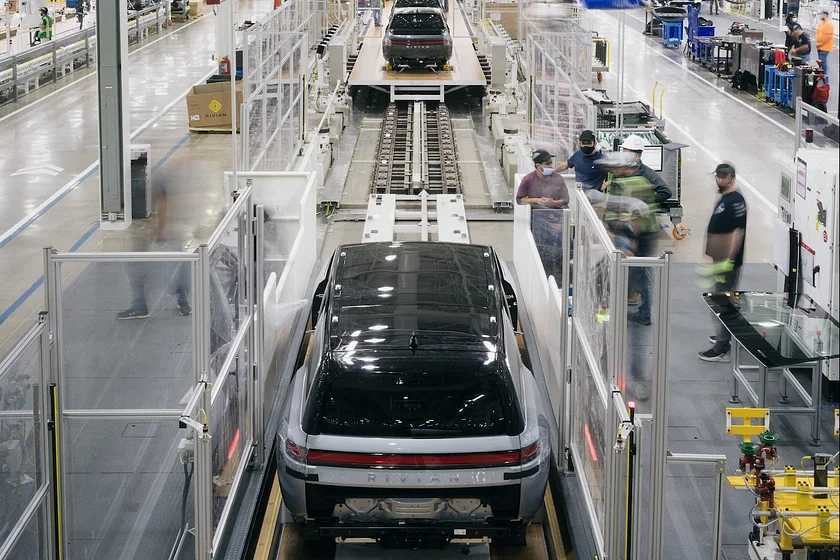
“We are not production-constrained; it is sales and deliveries,” said Lucid CEO, Peter Rawlinson. Rivian, which had been relying on a backlog of orders, has seen this shrink as interest rates have increased, leading to higher monthly payments on its already expensive vehicles.
Both companies specialize in high-end EVs, with prices far above the average EV cost. This focus on luxury vehicles contrasts with the increasing consumer concern for affordability, with the average EV costing around $50,369 in January.
See also: Lucid Motors Slashes Prices By Up To $8,000 Across Model Lineup
Current trajectory has them bankrupt in ~6 quarters. Maybe that trajectory will change, but so far it hasn’t. pic.twitter.com/tNNijQ3KwT
— Elon Musk (@elonmusk) February 22, 2024
Legacy automakers, with profitable internal combustion engine vehicles, can offset the expense of developing EVs. In contrast, Rivian and Lucid are burning through cash and relying heavily on investors. Elon Musk, CEO of Tesla, has criticized this approach, highlighting Tesla’s early start in the EV market and its ability to lean on cheaper models and healthy profit margins to cut prices.
Musk’s criticism, however, has resonated with investors, leading to significant drops in Lucid and Rivian’s share prices last week. Both companies are now looking to introduce more affordable models by 2026 to compete with Tesla’s popular Model Y.
See also: Rivian Reports 2023 Financial Results: Net Loss of $5.4 Billion Despite Increased Sales
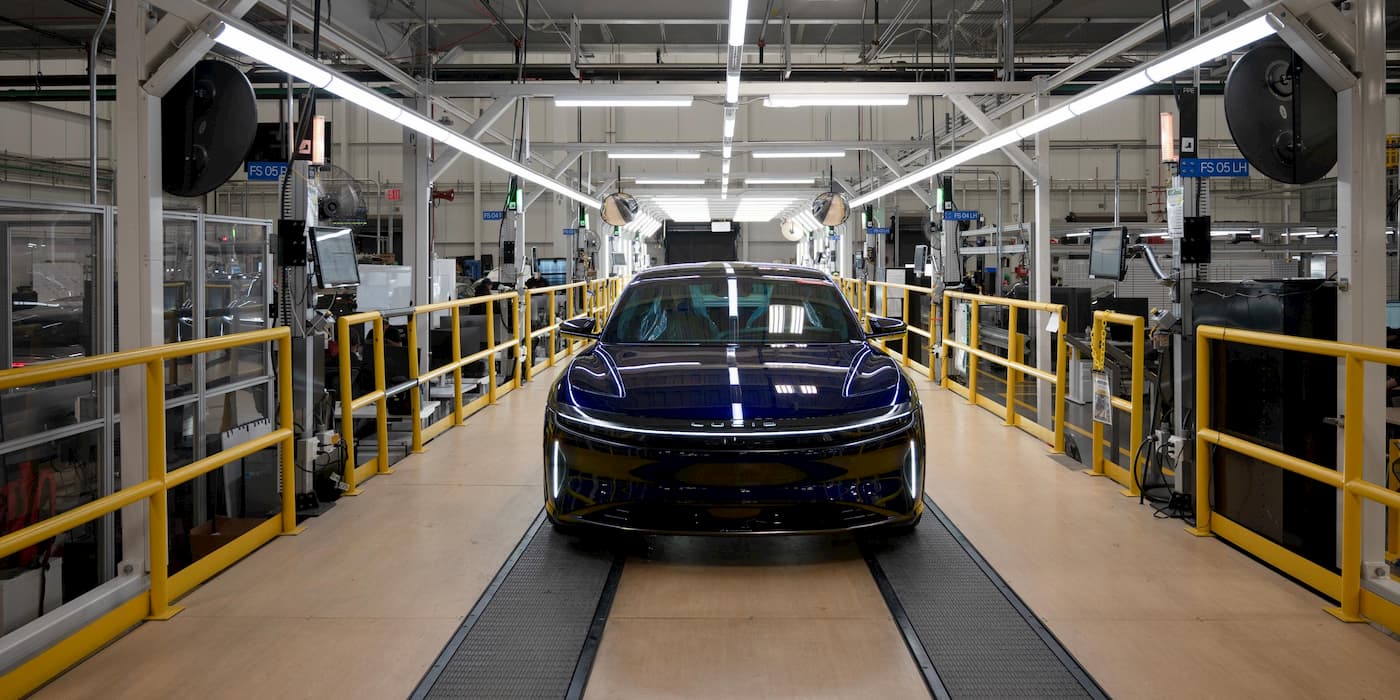
In the short term, Lucid is seeking partners to whom it can sell its batteries and motors to generate revenue. Rivian, on the other hand, has announced plans to reduce its workforce by 10% among salaried employees as part of cost-cutting measures.
Despite these challenges, both companies remain optimistic. Rivian believes it can turn a gross profit by the end of this year, although achieving this will be difficult. Both companies claim to have enough cash to sustain them through 2025 as they navigate the path to long-term sustainability.

